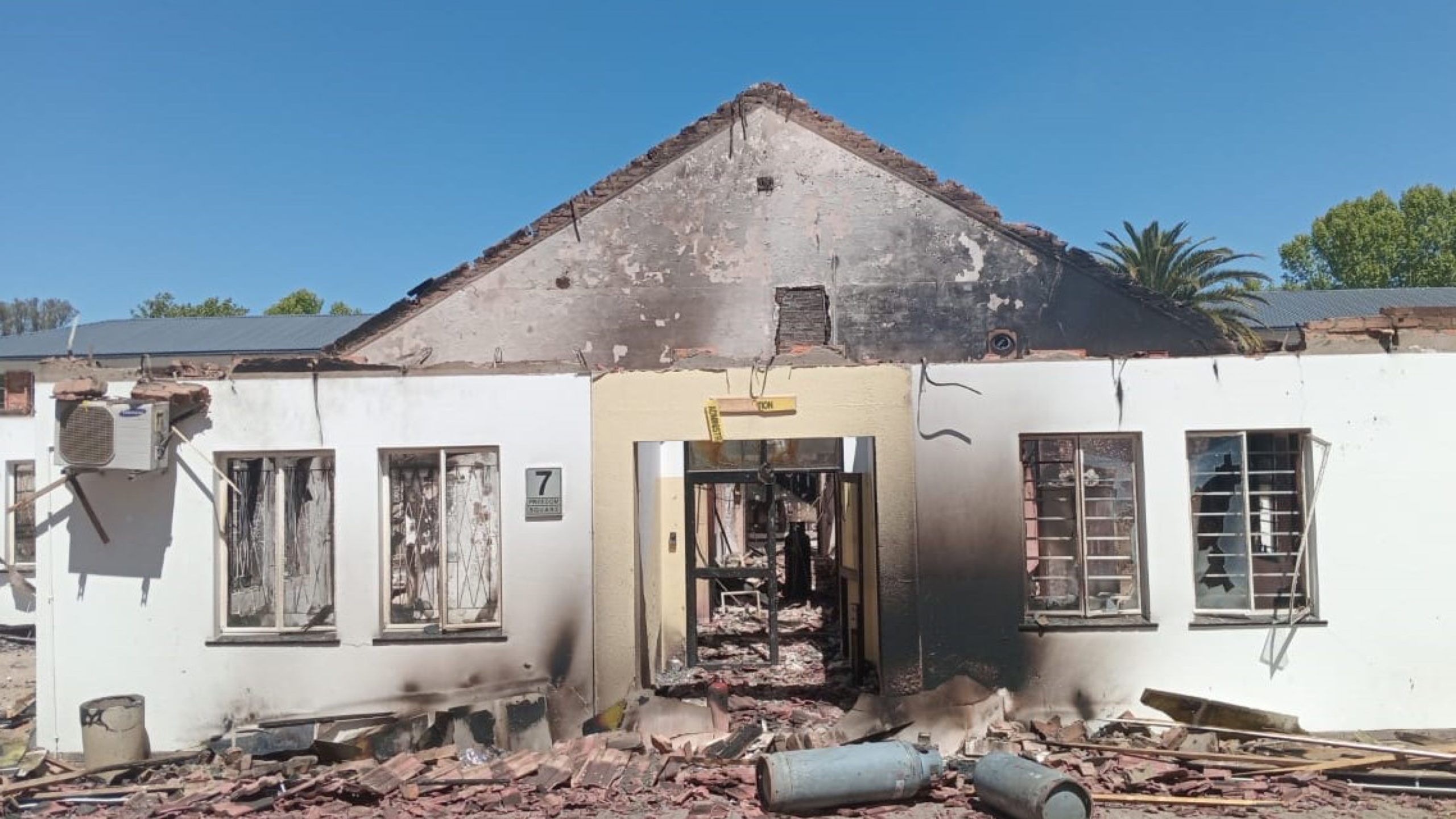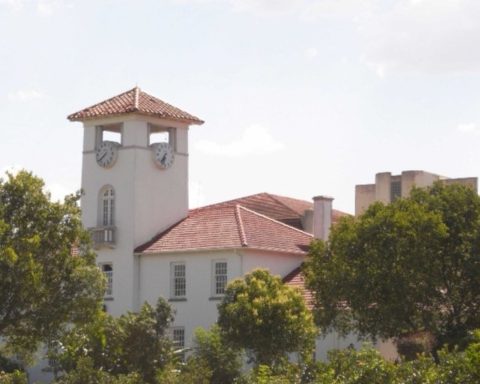Fort Hare protests escalated into arson and campus shutdowns last week. Management suspended all operations after fires gutted key buildings at the Alice campus, including administration and student affairs. Students were told to vacate by 5pm on Thursday as security tensions rose.
Injuries and Arrests
Student leaders say Fort Hare protests stem from disputed changes to student governance, resistance to an interim SRC, and a demand that Vice-Chancellor Prof Sakhela Buhlungu step down. They accuse management of ignoring grievances and mismanaging the institution.
VC’s “Sponsored” Violence Claim
Buhlungu, meanwhile, links the Fort Hare protests to “sponsored” violence. He believes a pending Special Investigating Unit (SIU) report—allegedly naming 33 politicians in academic fraud—helped trigger last week’s chaos. He argues that “forces at work” want to stop the report’s release and remove him from office.
Court Orders and Official Response
The university obtained a court interdict against disruptive action, while management framed the arson and intimidation as criminality rather than legitimate protest. Higher Education officials called for de-escalation and a concrete plan to protect people and infrastructure.
A Historic Institution Under Strain
Founded in 1916, Fort Hare educated leaders across southern Africa. The current Fort Hare protests now threaten that legacy as fires, cancellations and legal battles stall the academic programme. Authorities, students and management all say they want dialogue—but each side blames the other for the breakdown.






